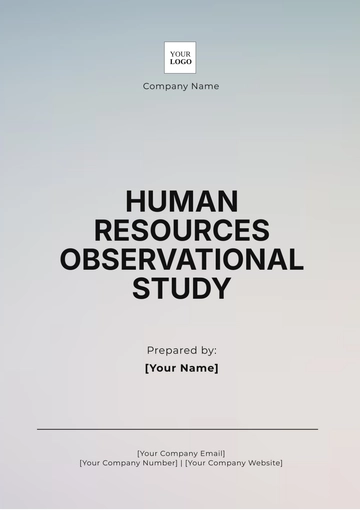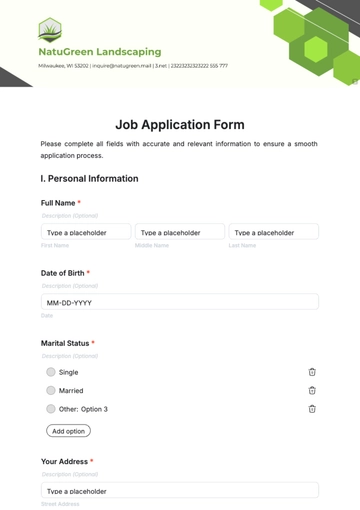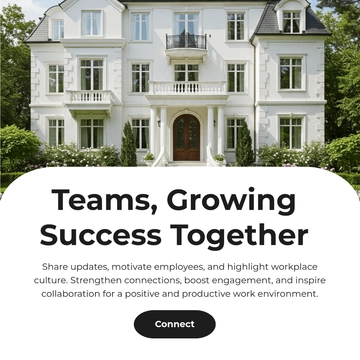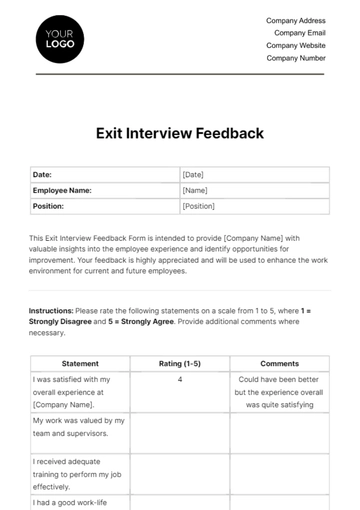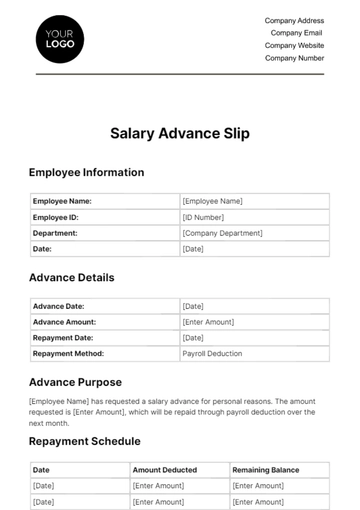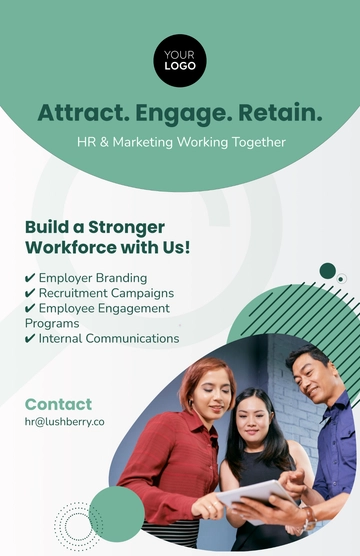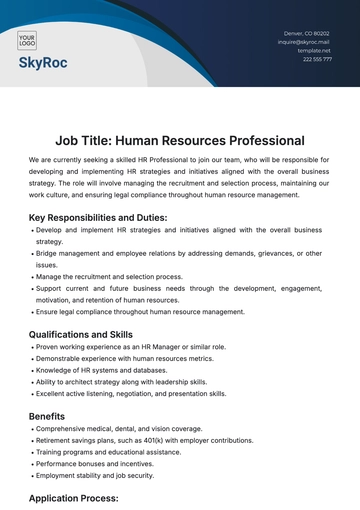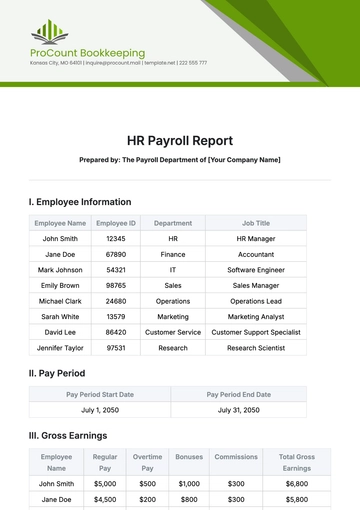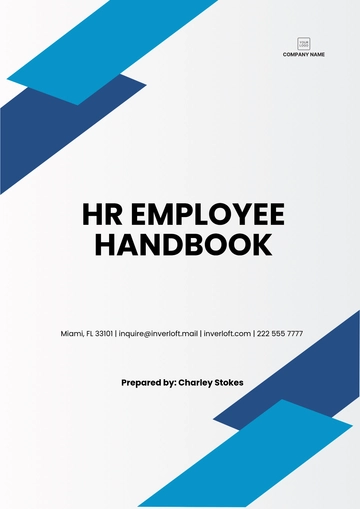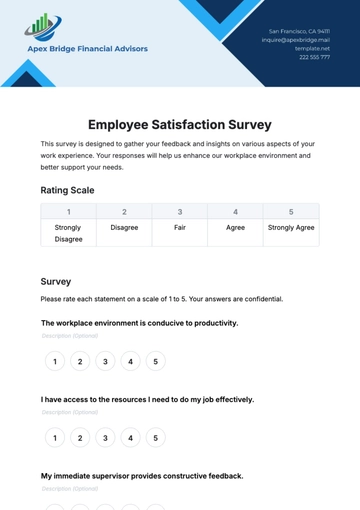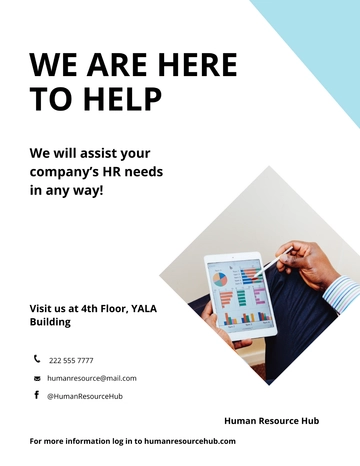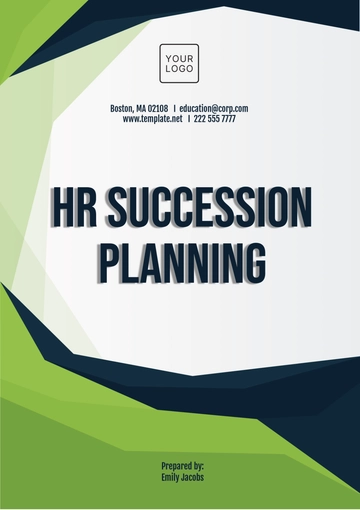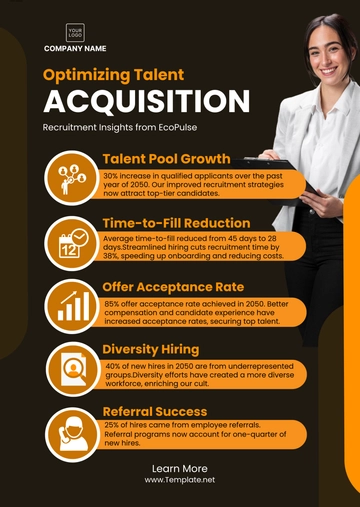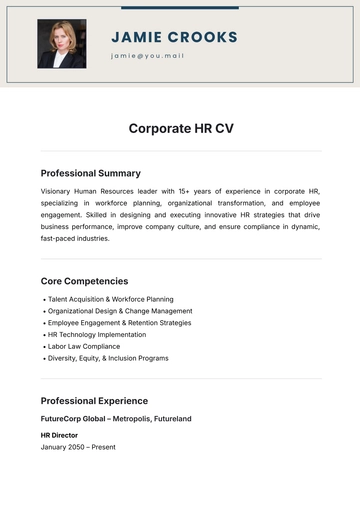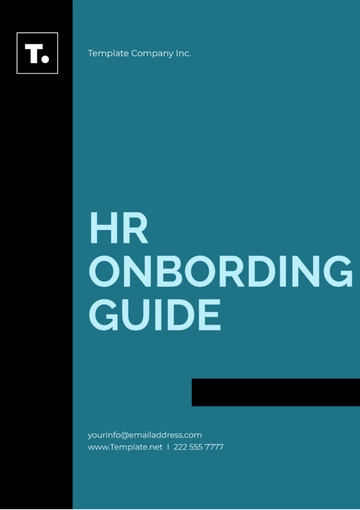Free Cultural Competence Training Curriculum HR
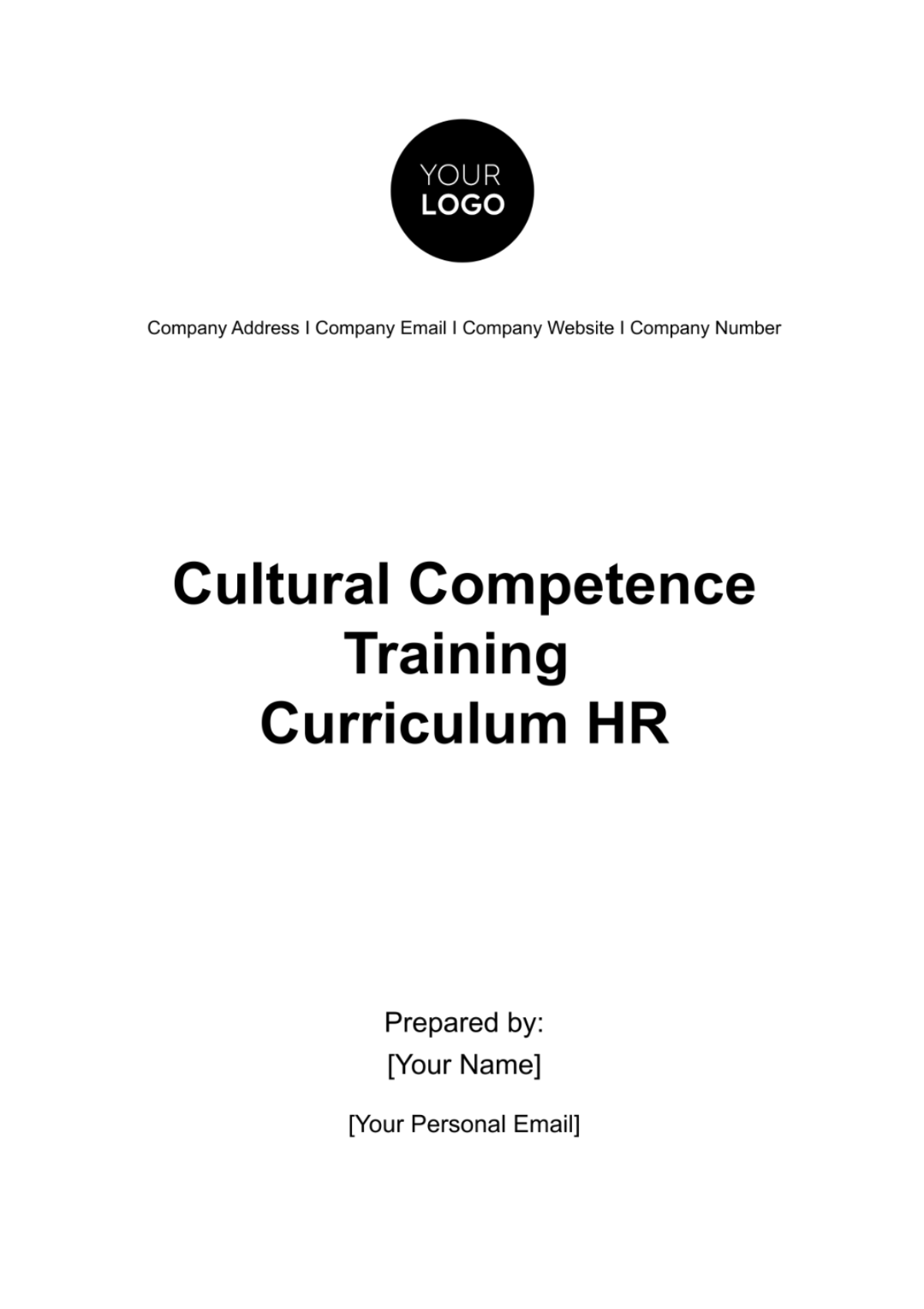
Introduction
Purpose
The purpose of this Cultural Competence Training Curriculum is to provide a structured and comprehensive training program that aims to equip employees with the necessary skills and knowledge to interact effectively with people from diverse cultural backgrounds. This training is designed to foster a more inclusive and respectful work environment, which is crucial for any organization in today's globalized world. The curriculum is a product of extensive research and consultation with experts in the field of cultural competence and diversity training.
Scope
This curriculum covers a wide range of topics related to cultural competence, including but not limited to, understanding culture, cultural sensitivity, communication skills, and conflict resolution. It is designed by the Human Resources Department of [Your Company Name] and is intended to serve as a comprehensive guide for the training program. The curriculum is flexible and can be adapted to meet the specific needs and challenges of different departments within the organization.
Importance
Cultural competence is increasingly becoming a critical skill in the workplace. With the rise of globalization, employees are more likely than ever to interact with colleagues, clients, and stakeholders from diverse cultural backgrounds. Lack of cultural competence can lead to misunderstandings, poor team dynamics, and even loss of business. Therefore, investing in cultural competence training is not just an ethical imperative but also makes good business sense.
Objectives
Educational Objective
The primary educational objective of this training program is to provide employees with a foundational understanding of what culture is and why it is important in the workplace. The training aims to educate employees about the various dimensions of culture, including beliefs, values, customs, and communication styles, and how these factors influence behavior and interactions in a multicultural work environment.
Skill Development Objective
The skill development objective focuses on improving the practical skills needed to navigate a culturally diverse workplace effectively. This includes communication skills that are sensitive to cultural nuances, as well as strategies for resolving conflicts that may arise due to cultural misunderstandings. The training will include various activities, role-plays, and real-world scenarios to help employees practice and hone these skills.
Behavioral Objective
The behavioral objective aims to bring about a change in attitudes and behaviors related to cultural diversity. The training seeks to reduce instances of cultural misunderstandings and conflicts by promoting a more inclusive and respectful work environment. This involves challenging stereotypes and prejudices that employees may hold, and encouraging open dialogue and mutual respect among team members.
Target Audience
New Hires
New hires are often unfamiliar with the company culture and may find it challenging to adapt to a diverse work environment. This training will provide them with the tools they need to integrate seamlessly into the company's culture and interact effectively with colleagues from various cultural backgrounds.
Team Leaders
Team leaders play a crucial role in setting the tone for inclusivity and respect within their teams. This training will equip them with the skills needed to manage a culturally diverse team effectively, ensuring that all members feel valued and included, irrespective of their cultural background.
Customer Service Representatives
Customer service representatives are the face of the company and often interact with a diverse clientele. This training is particularly crucial for them as it will provide the skills needed to handle culturally sensitive situations and ensure customer satisfaction.
General Employees
All employees, regardless of their role, will benefit from this training. A culturally competent workforce is more collaborative, innovative, and effective. Employees will learn to appreciate the value that diverse perspectives bring to the workplace and how to leverage these for the benefit of the organization.
Training Modules
Understanding Culture
Objective
The objective of this module is to provide a foundational understanding of what culture is and why it matters in the workplace. Participants will learn about the various dimensions of culture, such as beliefs, values, and norms, and how these influence behavior and interactions in a multicultural environment.
Content
The content will cover key concepts such as the definition of culture, the importance of culture in the workplace, and various cultural dimensions like individualism vs. collectivism, high context vs. low context, and so on. The module will also include real-world examples and case studies to illustrate these concepts.
Duration
This module will last for 2 hours and will include a mix of lectures, discussions, and interactive activities to ensure that participants can apply what they have learned in a practical context.
Cultural Sensitivity
Objective
The objective of this module is to train employees on how to be sensitive and respectful towards other cultures. This involves understanding and challenging one's own prejudices and stereotypes and learning how to interact with people from different cultural backgrounds in a respectful and inclusive manner.
Content
The content will cover important topics such as stereotypes, prejudices, and microaggressions, and will include case studies that illustrate the impact of these on individuals and teams. Participants will also learn strategies for challenging their own biases and promoting inclusivity in the workplace.
Duration
This module will also last for 2 hours and will include various interactive activities such as role-plays, group discussions, and quizzes to reinforce learning and allow participants to practice the skills they have acquired.
Communication Skills
Objective
The objective of this module is to enhance communication skills that are effective across different cultures. Effective communication is key to any successful relationship, and this is even more critical in a multicultural environment where misunderstandings can easily occur.
Content
The content will focus on both verbal and non-verbal communication skills, including active listening, understanding cultural nuances in language and expression, and strategies for effective cross-cultural communication.
Duration
Like the previous modules, this one will also last for 2 hours. It will include a variety of interactive activities such as role-plays, simulations, and real-world scenarios to allow participants to practice their communication skills in a safe and supportive environment.
Conflict Resolution
Objective
The objective of this module is to equip employees with the skills and strategies needed to resolve conflicts that may arise due to cultural misunderstandings or sensitivities. Conflict is inevitable in any workplace, and the ability to resolve it effectively is crucial for maintaining a harmonious work environment.
Content
The content will cover various types of conflicts that can arise in a multicultural workplace and will provide strategies for resolving these effectively. This includes understanding the underlying causes of conflict, identifying common ground, and negotiating mutually beneficial solutions.
Duration
This module will last for 2 hours and, like the previous modules, will include a mix of lectures, discussions, and interactive activities. Participants will have the opportunity to engage in role-plays and simulations to practice their conflict resolution skills in a controlled environment.
Training Schedule
Monthly Overview
The training program is designed to be conducted over a period of one month, with one module being covered each week. This allows participants ample time to absorb the material and apply it in their day-to-day interactions.
Session Details
Each training session will last for 2 hours, providing a comprehensive coverage of the topic while also allowing time for interactive activities and discussions. The sessions will begin at 9 AM to ensure that they fit within the regular working hours of most employees.
Venue
The training sessions will be held at [Your Company Address], in the main conference room, which is equipped with all the necessary facilities such as a projector, sound system, and seating arrangement to ensure a conducive learning environment.
Assessment Methods
Pre-Assessment
A pre-assessment quiz will be conducted before the start of the training program to gauge the existing level of cultural competence among the participants. This will help the trainers tailor the content to better meet the needs of the audience. The pre-assessment will consist of multiple-choice questions, true/false questions, and a few short-answer questions to provide a comprehensive understanding of the participants' current knowledge level.
Post-Assessment
A post-assessment quiz will be conducted at the end of the training program to measure its effectiveness. The quiz will be similar in format to the pre-assessment but will include questions that cover the material taught during the training. The results will be analyzed and compared with the pre-assessment scores to measure the improvement in cultural competence among the participants.
Pre-Assessment and Post-Assessment Scores
Feedback Forms
Feedback forms will be distributed at the end of each training session and will include questions related to the effectiveness of the training methods, the clarity of the content, and the relevance of the topics covered. This feedback will be invaluable for making continuous improvements to the training program.
Participant Feedback on Training Modules
Resources
Handouts
Printed handouts will be provided to all participants at the beginning of each training session. These handouts will include summaries of the key points covered in the session, as well as additional resources for further reading.
PowerPoint Presentations
PowerPoint presentations will be used to facilitate the training sessions. These presentations will include not only text but also images, videos, and other multimedia elements to make the learning experience more engaging and effective.
Online Modules
In addition to the in-person training sessions, online modules will be made available for those who wish to explore the topics in more depth. These modules will include video lectures, quizzes, and additional reading material, and can be accessed via [Your Company Website].
Conclusion
Summary
In conclusion, this Cultural Competence Training Curriculum is a comprehensive program designed to equip employees with the skills and knowledge they need to interact effectively in a culturally diverse work environment. The program covers a wide range of topics and includes various methods of assessment to ensure its effectiveness.
Contact Information
For any further queries or additional information related to this training program, please feel free to contact [Your Email]. We are committed to making this program as effective as possible and welcome any feedback or suggestions you may have.
Acknowledgments
We would like to express our gratitude to the management and staff of [Your Company Name] for their unwavering support and commitment to making this training program a success. We would also like to thank all the participants in advance for their time and effort in completing this training program.
Attendance by Department
Training Session Duration
Training Session | Duration (hours) |
Understanding Culture | 2 |
Cultural Sensitivity | 2 |
Communication Skills | 2 |
Conflict Resolution | 2 |
- 100% Customizable, free editor
- Access 1 Million+ Templates, photo’s & graphics
- Download or share as a template
- Click and replace photos, graphics, text, backgrounds
- Resize, crop, AI write & more
- Access advanced editor
Discover the ultimate solution for fostering workplace inclusivity with the Cultural Competence Training Curriculum HR Template from Template.net. This comprehensive resource offers editable and customizable modules, ensuring seamless integration of your company's unique culture. With our intuitive AI Editor Tool, effortlessly tailor training materials to meet your organization's specific needs. Unlock the power of diversity today!

